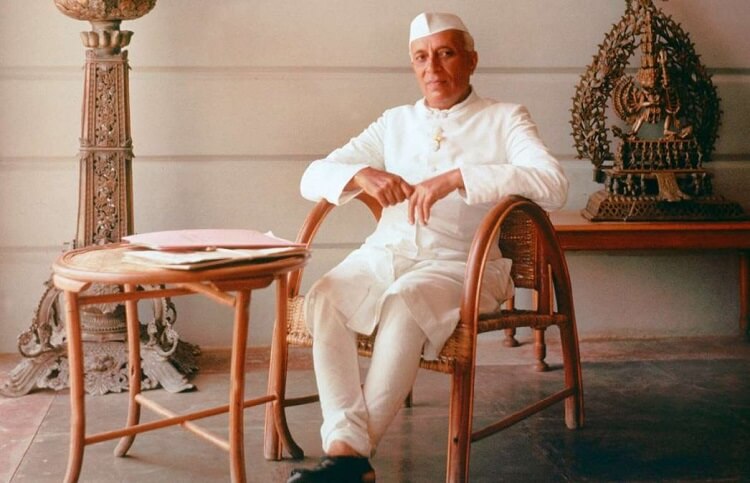India’s national anthem, “Jana Gana Mana,” is not only a song but a powerful symbol of unity, pride, and patriotism. It was composed by none other than the great poet and philosopher Rabindranath Tagore.
About the Author: Rabindranath Tagore
Rabindranath Tagore was a Nobel Laureate in Literature and one of India’s most celebrated literary figures. Born in 1861 in Kolkata, he was a poet, musician, artist, and thinker. Tagore became the first Asian to win the Nobel Prize in Literature in 1913 for his collection of poems, Gitanjali.
When and Where Was It Written?
“Jana Gana Mana” was originally composed in Bengali and first sung on December 27, 1911, during a session of the Indian National Congress in Kolkata. The song was later translated into Hindi and officially adopted as India’s national anthem on January 24, 1950.
Meaning and Message
The anthem praises the spirit of India — its vast geography, diversity, and unity. It pays tribute to the sovereign spirit of the nation, its states, rivers, and people, highlighting the strength that comes from unity in diversity.
Interesting Facts
- The original song was written in a literary Bengali known as Sadhu Bhasha.
- Only the first stanza of the five-stanza poem was adopted as the national anthem.
- It takes about 52 seconds to sing the full anthem as per official protocol.
Conclusion
“Jana Gana Mana” is more than a national song — it’s a melody of unity, an echo of pride, and a reminder of India’s soul, all thanks to the genius of Rabindranath Tagore.



